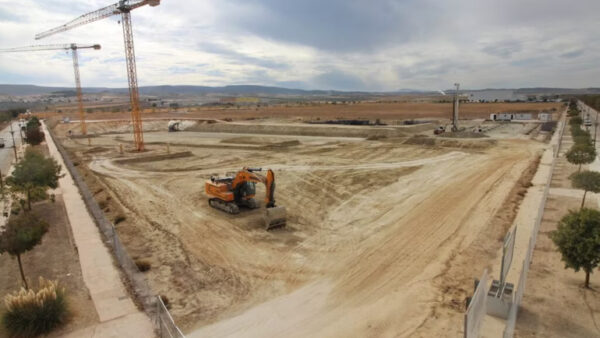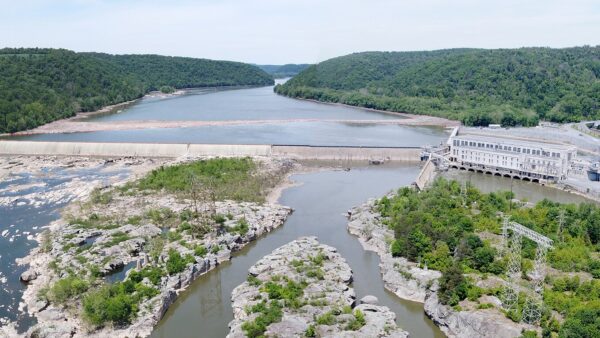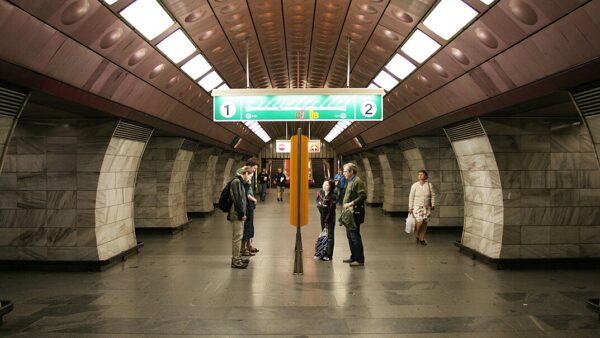The Scottish National Party’s annihilation of its rivals in last week’s general election promises more liberal state spending on infrastructure and housing than is the case in England and Wales. Â
The party has taken a stand against the austerity measures favoured by the Westminster Conservative government. Â
Its manifesto promises largesse not only in Scotland but across the UK, including “at least an additional £140bn across the UK to invest in skills and infrastructure”, as well as public services such as the National Health Service. Â
This spending will be partly funded by higher taxes on higher earners.
The SNP manifesto also pledges a target of building 100,000 affordable homes across the UK every year, and the commissioning of a high-speed rail link between Glasgow, Edinburgh and the north of England.
Westminster can’t ignore Scotland, that they can’t simply push aside the things that were voted for in Scotland yesterday– Nicola Sturgeon, SNP leader
Gordon Nelson, the director of Federation of Master Builders in Scotland, said: “The construction industry contributes more than £10bn to Scotland’s economy and employs over 170,000 people, so the health of this industry is crucial to Scotland’s overall prosperity.”Â
He added the SNP’s promise to legislate to improve payment practices was likely to be a significant help to the industry, as 98% of firms in the sector were SMEs. Â
He said: “One of the greatest struggles these firms face is the unfair payment practices perpetuated by some clients and larger contractors. Placing prompt payment terms into law could help protect small businesses from predatory practices and also help encourage more of them to engage in public sector procurement.”Â
The party also pledges support for wind farms and supports funding energy efficiency measures in homes through general taxation.Â
However, the extent to which the party will be able persuade the Westminster government to adopt these measures for the whole of the UK is unclear. Â
The party’s ability to implement them within Scotland is also uncertain, and will depend to a great extent on the changes to the constitutional make-up of the UK in the wake of promises to institute “devolution max” made by the “no” campaign before last year’s Scottish referendum, and the presence of 56 SNP MPs in the Westminster parliament. Â
It is expected that any settlement will grant the Scottish government fiscal independence, which would allow the SNP greater freedom to implement its programme north of the border. Â
Nicola Sturgeon, the leader of the SNP, told the BBC: “The government at Westminster cannot ignore what has happened in Scotland. People have voted overwhelmingly for Scotland’s voice to be heard and for an end to austerity.”Â
She added: “We will go to Westminster and seek to ensure that Westminster governments can’t ignore Scotland, that they can’t simply push aside the things that were voted for in Scotland yesterday.”






